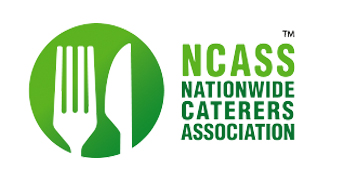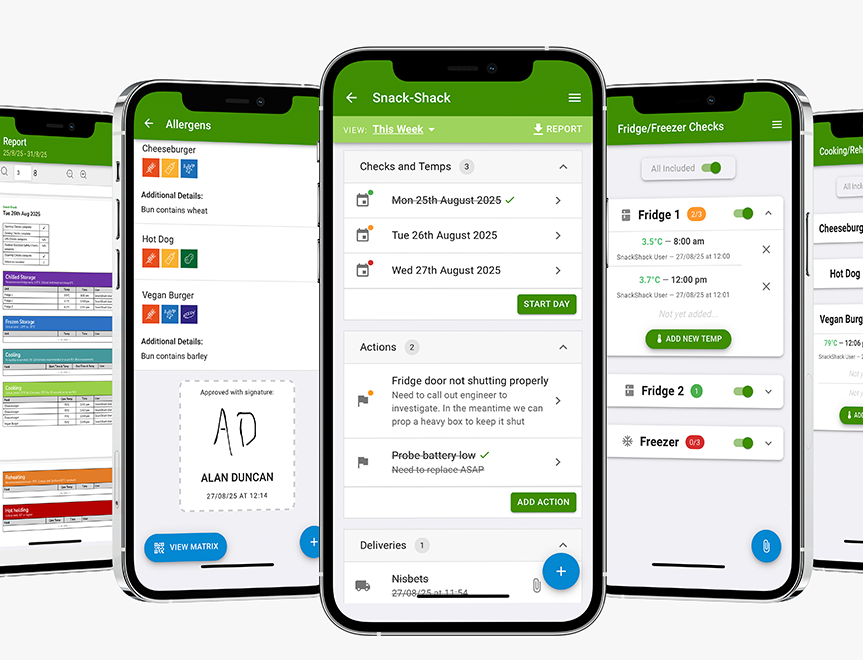When most people think about writing a business plan, they picture a tedious document they need to cobble together to keep the bank happy. Something to tick off the list before getting to the exciting stuff like designing the menu or choosing paint colours.
However, a proper business plan isn’t something you write once and shove in a drawer. It’s your roadmap, your sanity check, and the thing that might just save you from making expensive mistakes down the line.
Start With the Big Picture
Before you get lost in spreadsheets and operational details, nail down the fundamental question: why does your hospitality business need to exist?
What gap are you filling? What experience are you creating that people can’t get elsewhere? This isn’t about writing fancy marketing waffle—it’s about having a clear answer that makes sense when you say it out loud.
Your vision needs to get potential investors excited while proving you actually understand the opportunity you’re going after. If you can’t explain it clearly, you’re not ready yet.
Lean on your experience
Whether you’re flying solo or building a dream team, you need to show you’ve got the skills and experience to pull this off.
Talk about what you bring to the table—relevant background, qualifications, skills that matter. If you’re starting on your own (which plenty of successful businesses do), just be upfront about it and explain how you’ll build your team as things grow. Banks and investors aren’t looking for perfection—they’re looking for people who think realistically about what’s needed.
Let’s Talk Numbers
Financial projections force you to think through whether your idea actually makes financial sense.
You’ll want forecasts for at least three years. Start with your startup costs—all of them. Property deposits, equipment, your initial stock, launch marketing, legal fees. Everything. Then there are the operating expenses that never stop: rent, utilities, insurance, wages, supplies.
For revenue projections, base them on real assumptions. How many customers per service can you realistically handle? What will they spend on average? How will things change across different seasons? When will you actually break even and start making money? When might cash get tight?
These aren’t just numbers to impress the bank—they’re your early warning system for potential problems.
Your Menu Needs to Make Money
Your menu is more than just a list of delicious things you want to serve. It’s got to work financially.
Think through your pricing strategy, food costs, and portion sizes. How will you adapt when ingredients aren’t available or prices spike? Which suppliers can you rely on for consistent quality? These details show you understand the business side of running a kitchen, not just the creative side.
How Will People Actually Find You?
The “build it and they will come” approach doesn’t work anymore. You need a real plan for getting customers through your door.
Get specific about your marketing strategy. Which social media platforms match your target customers? What kind of content will you create? Will you partner with local businesses? Run a loyalty program? Get involved in community events?
Skip the vague “we’ll do Instagram” statements. Explain what you’ll actually post, how often, and how you’ll know if it’s working.
The Day-to-Day Stuff That Actually Matters
How will you deliver what you’re promising every single day?
Map out your service standards, quality checks, staff training, and how you’ll manage the customer experience. What booking system will you use? How will you handle payments? What’s the plan when you get slammed during peak times?
These operational details prove you’ve thought beyond the grand opening to what happens on a random Tuesday in six months.
Keep It Flexible
Your business plan should evolve. Make it detailed enough to guide your decisions, but don’t treat it like scripture. The best plans adapt as you learn what actually works.
Use it as a tool you come back to regularly, not a document that sits in a folder gathering digital dust after you get your funding.
Download The Complete Guide to Setting Up Your Bricks & Mortar Business – NCASS






 Featured Training
Featured Training
OUR MEMBERSHIP
We're here to help make your catering business a success. Whether that be starting up or getting on top of your compliance and marketing. We're here to help you succeed.
Want our latest content?
Subscribe to our mailing list and get weekly insights, resources and articles for free
Get the emails